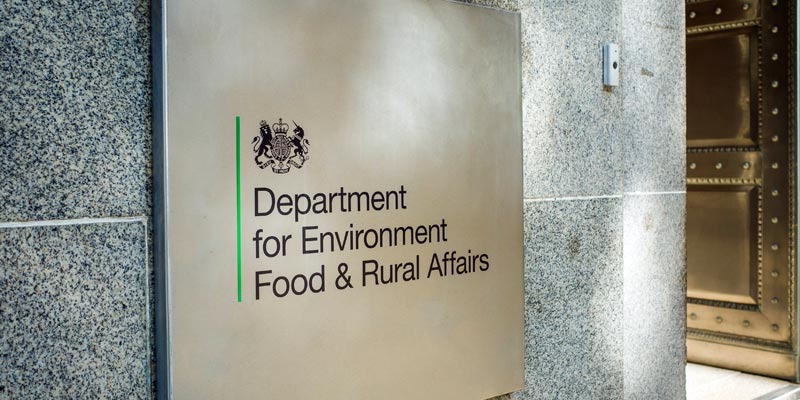The government has significantly strengthened its measures to prevent the spread of foot and mouth disease (FMD) following the confirmation of an additional case in Hungary, which is alarmingly close to the Austrian border. This new development has prompted comprehensive preventative actions to safeguard both livestock and public health.
In light of the new Hungarian case’s proximity to Austria, authorities have decided to temporarily suspend the commercial importation from Austria of several livestock species, including cattle, pigs, sheep, goats, wild ruminants, and porcines, such as deer and wild boar. This suspension also extends to untreated products derived from these animals, which includes fresh meat and dairy products that could potentially harbor the virus.
Prior to this latest decision, the UK Government had already implemented import restrictions regarding these same products from Slovakia, Hungary, and Germany as preventative measures against the disease’s spread.
In coordination with local authorities and trading partners, proactive measures are being enacted to mitigate any possible risks associated with goods en route to Great Britain. All imports must now be pre-notified to ensure that tighter border controls are effectively in place to prevent any potentially infected consignments from entering the UK.
Moreover, travelers are now prohibited from bringing meat, meat products, milk, dairy items, specific composite products, and animal by-products from pigs and ruminants — including non-domestic species — into Austria. This ban also includes hay and straw, which could serve as carriers for the disease. This prohibition builds upon earlier actions aimed at limiting the personal import of these products from Germany, Hungary, and Slovakia into Great Britain.
The UK Chief Veterinary Officer has issued a strong advisory for livestock keepers to remain vigilant for clinical signs of FMD, especially given the recent outbreaks reported in both Hungary and Germany. Currently, there are no confirmed cases within the UK, but continued diligence is essential to prevent any potential outbreaks in the future.







